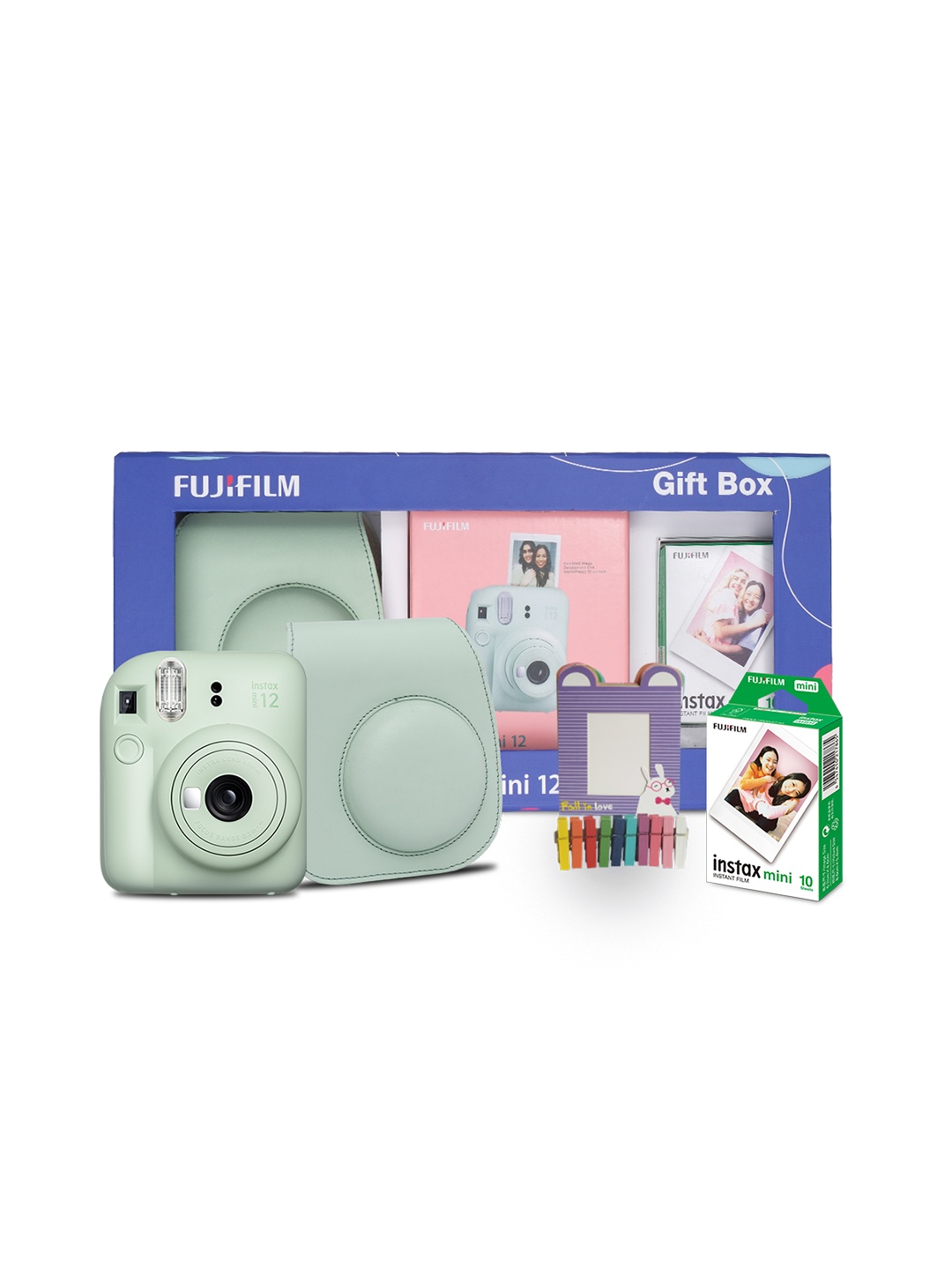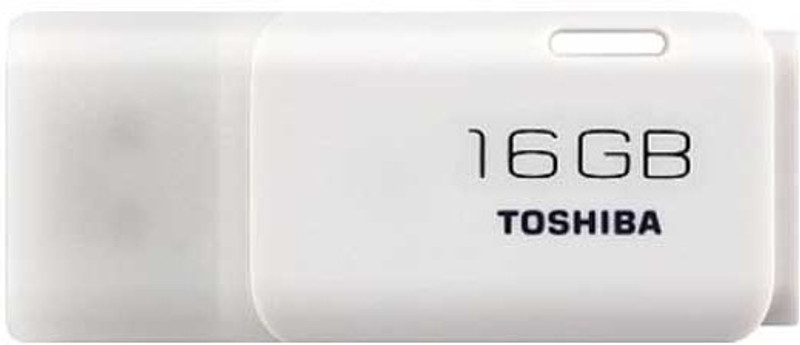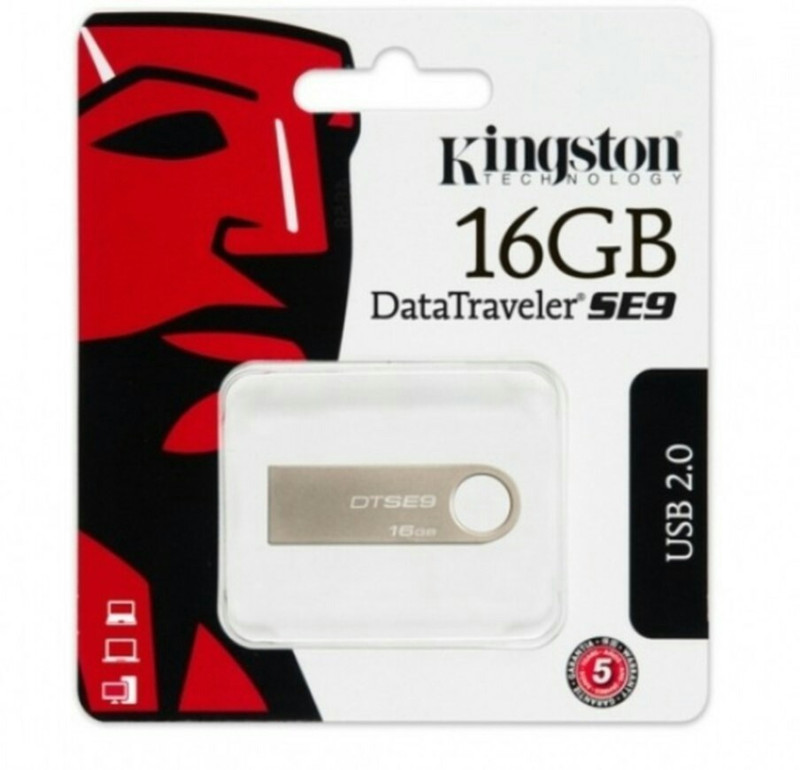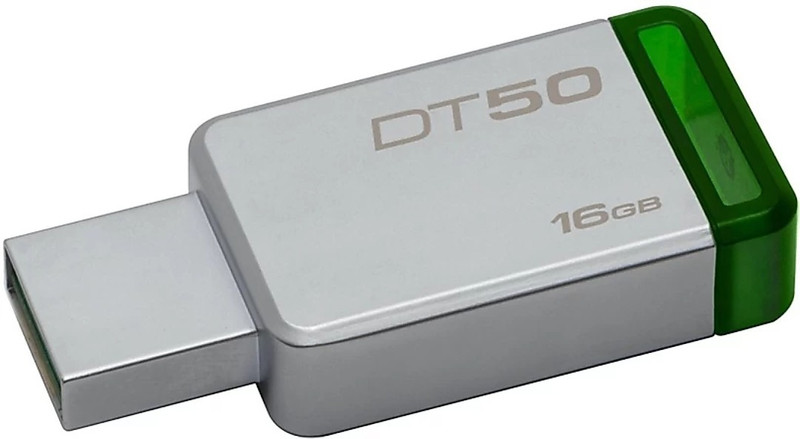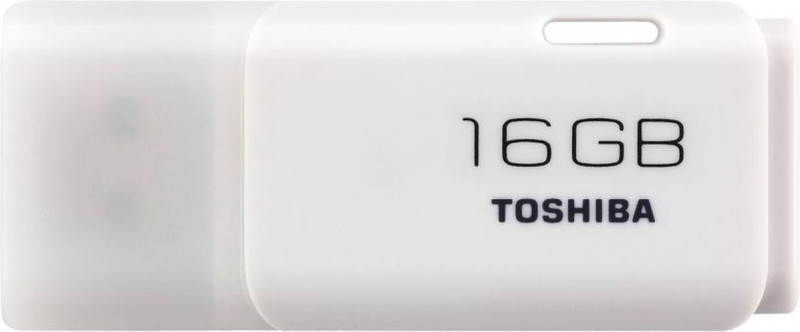Matte vs. Dewy: Which Sunscreen Finish Is Right For Your Skin Type?

The sun doesn't take a day off, and neither should sunscreen. But not all sunscreens are created equal, especially when it comes to the finish. Some leave you looking fresh and radiant, others help keep that midday shine at bay. Enter: matte and dewy finishes. A simple choice on the surface, yet one that can change how skin looks, feels, and even behaves throughout the day.
For those navigating oily T-zones, dry patches, or combo conundrums, the finish of a sunscreen is more than just a cosmetic detail, it's the silent sidekick in the daily skincare saga. Matte or dewy, both have their charms and challenges. The key? Knowing what your skin actually wants.
So whether it's a fresh-faced glow or a velvety-soft touch you're after, this guide will help find the perfect match between sunscreen and skin type, with just the right amount of flair.
Finding the Perfect Balance: How to Wear Statement Tops Without Going Overboard
1. Oily Skin? Matte Is Your Mate
Those with oily skin know the struggle, the gleam that creeps up by noon, the blotting sheets stuffed in every handbag, and the perpetual search for products that stay put. Matte sunscreens step up to the plate here. They're designed to absorb excess oil, reduce shine, and help makeup grip better throughout the day.
Unlike heavy powders or cakey primers, a good matte sunscreen manages to control shine without suffocating skin. Many include oil-absorbing ingredients like silica or clay, which act like little vacuums for excess sebum. That means skin feels soft, not slippery, and makeup won't slide off like it's on a water slide.
Still, it's important to pick formulas that aren't too drying. Even oily skin needs hydration, and stripping it bare only sends oil production into overdrive. Look for terms like non-comedogenic and lightweight gel on the label.
In short: for those who constantly battle the mid-day shine, matte sunscreen is like a friend who always remembers to bring blotting paper, reliable, discreet, and incredibly helpful.
2. Dry Skin? Dewy Is Divine
Dry skin often craves a bit of TLC, and a dewy sunscreen can deliver it in style. These sunscreens don't just protect from UV damage; they double up as moisturisers, giving skin a juicy, hydrated look that feels as good as it appears.
Packed with ingredients like hyaluronic acid, glycerin, and squalane, dewy sunscreens bring that plump, radiant glow without veering into greasy territory. Think lit-from-within, not sweat-from-the-commute.
For those who struggle with flakiness or that tight, parched feeling after cleansing, a dewy finish is the skincare equivalent of a big, cosy jumper in winter, comforting, flattering, and very much welcome. Plus, they layer beautifully under makeup, especially if the goal is a radiant, natural base.
So for those who hear glow and think yes, please, dewy sunscreens are a daily glow-up in a bottle.
3. Combination Skin? Play The Field
Combination skin is the skincare version of having your cake and eating it too, some days oily, some dry, often both at once. The trick is balance. And when it comes to sunscreen, that means knowing when to go matte, when to go dewy, and when to mix and match.
Some people with combo skin apply matte sunscreen on oil-prone areas like the forehead and nose, and a dewy formula on drier parts like cheeks. It's a bit of effort, but well worth it, kind of like matching socks to your outfit. Not essential, but makes everything look and feel more put-together.
Another option? Look for hybrid sunscreens that offer a soft satin finish, not overly matte, not too glowy. These middle-ground formulas aim to keep things harmonious, offering oil control without compromising on hydration.
It's a balancing act, sure, but when it pays off, skin feels like it's on its best behaviour. No midday meltdowns, no flaky patches, just smooth, happy skin.
4. Makeup Wearers: Consider The Canvas
For makeup lovers, sunscreen finish can make or break a look. A matte sunscreen creates a smooth base, ideal for layering on foundation without the slip and slide. It acts like a primer, keeping everything in place, especially during heatwaves, long commutes, or, let's face it, life.
Dewy sunscreen, on the other hand, gives that enviable glow even before the first dab of highlighter. It's perfect for no-makeup makeup days or when a fresh, radiant look is the aim. But with heavier makeup, dewy formulas can sometimes cause pilling or reduce staying power, so it's best to test pairings before the big night out.
Think of it like setting the stage. Matte sunscreen is the reliable backstage crew, quiet, steady, always in control. Dewy sunscreen? That's the spotlight, it wants to be seen, felt, and appreciated. Both can work brilliantly, just depends on the performance you're planning.
5. Climate Counts: Weather As A Decider
Weather doesn't just influence the outfit, it's a big factor in skincare choices too. Living in a humid climate? Matte sunscreens help keep shine in check and prevent the dreaded midday oil slick. In colder or dry air? Dewy formulas can lock in moisture and keep skin from feeling tight or chapped.
This seasonal switch-up can even become a kind of skincare ritual. As the leaves change, so does the sunscreen. Dewy for winter's crisp bite, matte for summer's sticky glare. It's skincare with a seasonal wardrobe, and it makes perfect sense.
Plus, many newer sunscreens come with added perks like antioxidant protection, blue light filters, or even pollution defence, so it's worth finding one that fits both the forecast and the face.
Also Read: SPF 30 Or SPF 50: Are You Using The Right Sunscreen?
6. Sensitive Skin? Ingredients Matter Most
For sensitive skin types, the finish is secondary to the formula. Matte or dewy, what matters most is what's inside the bottle. Fragrance-free, alcohol-free, and gentle mineral filters (like zinc oxide or titanium dioxide) are the MVPs here.
Still, the finish can have an effect. Some matte sunscreens use oil-absorbing powders that might feel drying or irritating on already-sensitive skin. Meanwhile, overly emollient, dewy formulas may cause breakouts or redness.
The key? Patch-testing. It's not glamorous, but it saves a world of grief. Try a small amount on the inside of the wrist or behind the ear before committing full face. Look for calming ingredients like niacinamide, aloe, and panthenol, and stay wary of anything promising to tighten pores or tingle.
Skin, after all, is like a mood ring; it tells you when something's off. The finish should feel comfortable, not like wearing someone else's shoes.
7. Lifestyle And Daily Habits
Fitness junkie? Commuter? Office dweller with a love for highlighter? Lifestyle plays a huge role in choosing the right sunscreen finish. Those on the move or working up a sweat might find matte formulas more practical, less slippage, more staying power. They're also less likely to sting if they trickle into eyes post-spin class.
On the flip side, those working in air-conditioned offices or spending more time indoors might enjoy the supple comfort of a dewy formula. It adds hydration to skin that's stuck under recycled air and fluorescent lights all day.
Then there's personal style. Someone into minimal beauty might reach for a dewy sunscreen and skip the rest. For those who enjoy a full face, matte may be the best base to build from. In short, it's about alignment, what works with skin and schedule.
8. It's Not Either/Or: Mixing It Up
Here's the real twist: it doesn't have to be a one-or-the-other situation. Sunscreen wardrobes are becoming a thing, just like people have multiple fragrances for different moods, many now own more than one SPF.
A matte formula for workdays, a dewy one for brunch. A light gel-based SPF for workouts, a rich, luminous one for cosy winter weekends. It's not indulgent, it's intuitive. Skin changes, routines shift, and there's something oddly satisfying about having options.
Plus, experimenting with different finishes can make sunscreen feel less like a chore and more like self-care. A few extra seconds spent choosing the right one can transform the whole mood of the day.
And at the end of it all, that's what good skincare is about, feeling good in your skin, no matter the finish.
Products Related To This Article
1. JOY Ultra Matte Sunscreen SPF 50 PA++++ Lightweight And Water Resistant
2. Aqualogica Glow+ Dewy SPF 50 PA+++ Sunscreen With UVA/B And Blue Light Protection
3. Lotus Herbals Unisex Safe Sun SPF 50 UV Screen MatteGel Sunscreen
4. Aqualogica Illuminate+ Dewy Sunscreen SPF 50+ PA++++
5. N Plus Professional SPF 30 Matte Sunscreen Gel With Ginseng Extracts
6. Plum Squalane And Vitamin E SPF 50 PA+++ Dewy-Bright Sunscreen
7. Leeford Sunshade Ultra Matte Sunscreen Gel With SPF-30 UVA + UVB
8. FIXDERMA Shadow Dewy SPF 50 Sunscreen Mist Spray With Vitamin C And Niacinamide
9. JOY Ultra Matte Sunscreen SPF 50 PA++++ Lightweight And Water Resistant
10. The True Therapy Dewy SPF 50++ Niacinamide 5% Sunscreen
Sunscreen is the non-negotiable hero of any skincare routine, but its finish? That's where personality shines through. Whether it's a velvety matte that controls shine or a dewy glow that catches the light just right, the right choice is ultimately the one that fits your skin, lifestyle, and vibe.
It's not about rigid rules or product loyalty. It's about understanding what your skin craves, how it behaves, and what makes you feel most comfortable in it. So next time you reach for your SPF, don't just check the SPF number, give a moment's thought to the finish too. It could be the glow-up you didn't know you needed.
Disclaimer: The images used in this article are for illustration purpose only. They may not be an exact representation of the products, categories and brands listed in this article.















